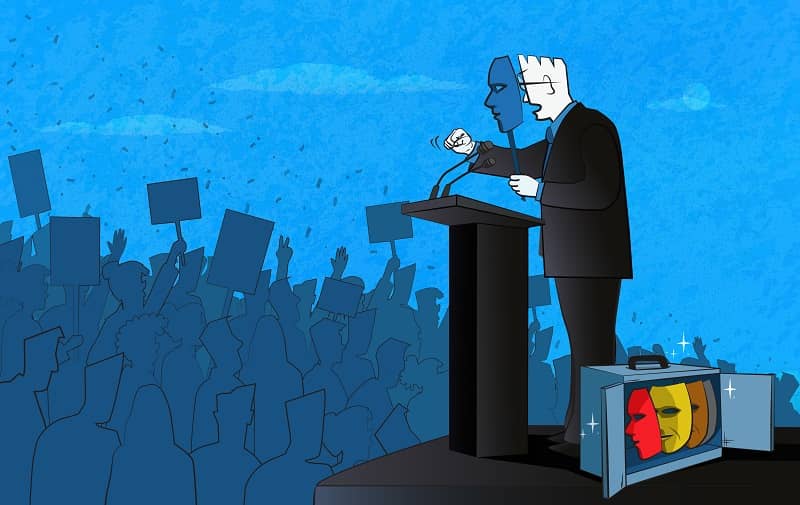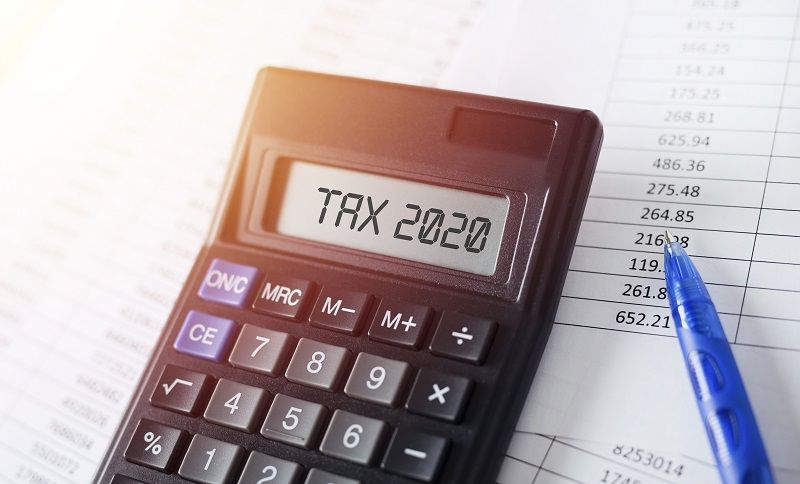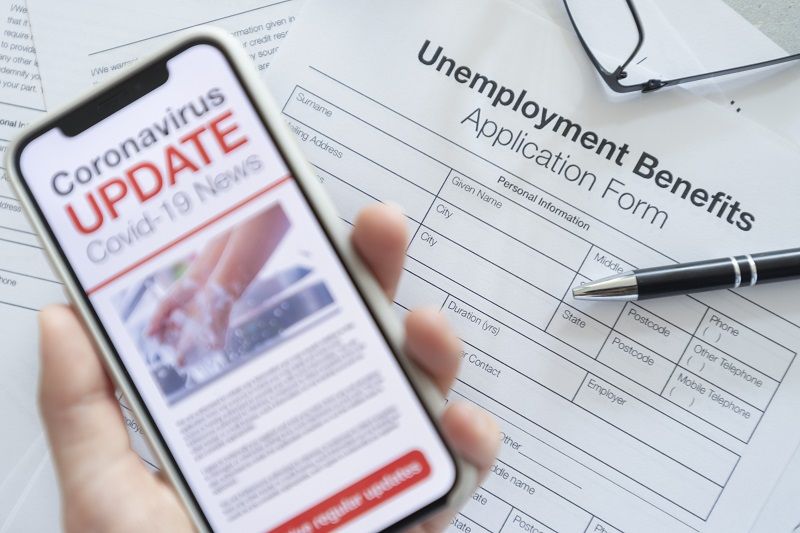
Many private banks and financial institutions are in trouble because they supplied the market with too many sub-prime mortgages. However, what has not been well understood is the Federal government’s mechanism for over stimulating sub-prime lending through government-sponsored enterprises like Fannie Mae and Freddie Mac, which together now back $5.3 trillion of mortgage debt.
Sub-prime mortgages became a viable financial tool in the US due to declining levels of domestic savings and investment over the past thirty years. This type of loan allowed those with little or no savings to borrow on homes they otherwise could not have afforded. The cycle worsened as banks and financial institutions recapitalized their positions by selling off their conventional loans to Freddie Mac and Fannie Mae, which they in turn created mortgage-backed security bonds that proliferated in the financial markets. When the economy declined, homebuyers couldn’t leverage their mortgages due to a lack of equity, and banks scrambled for more capital.
The crisis in the real estate market is largely a result of trying to purchase a home solely with credit rather than a portion of accumulated wealth and savings. Government-sponsored Fannie Mae and Freddie Mac, rather than helping, have been a part of the problem. Instead of bailing them out, the government should allow Fannie Mae and Freddie Mac the opportunity to dig themselves out of their own hole.
For Cascade Policy Institute, this is Alyssa Eggebrecht.
© 2008, Cascade Policy Institute. All rights reserved. Permission to reprint in whole or in part is hereby granted, provided the author and Cascade Policy Institute are cited. Contact Cascade at (503) 242-0900 to arrange print or broadcast interviews on this topic. For more topics visit the QuickPoint! archive.











